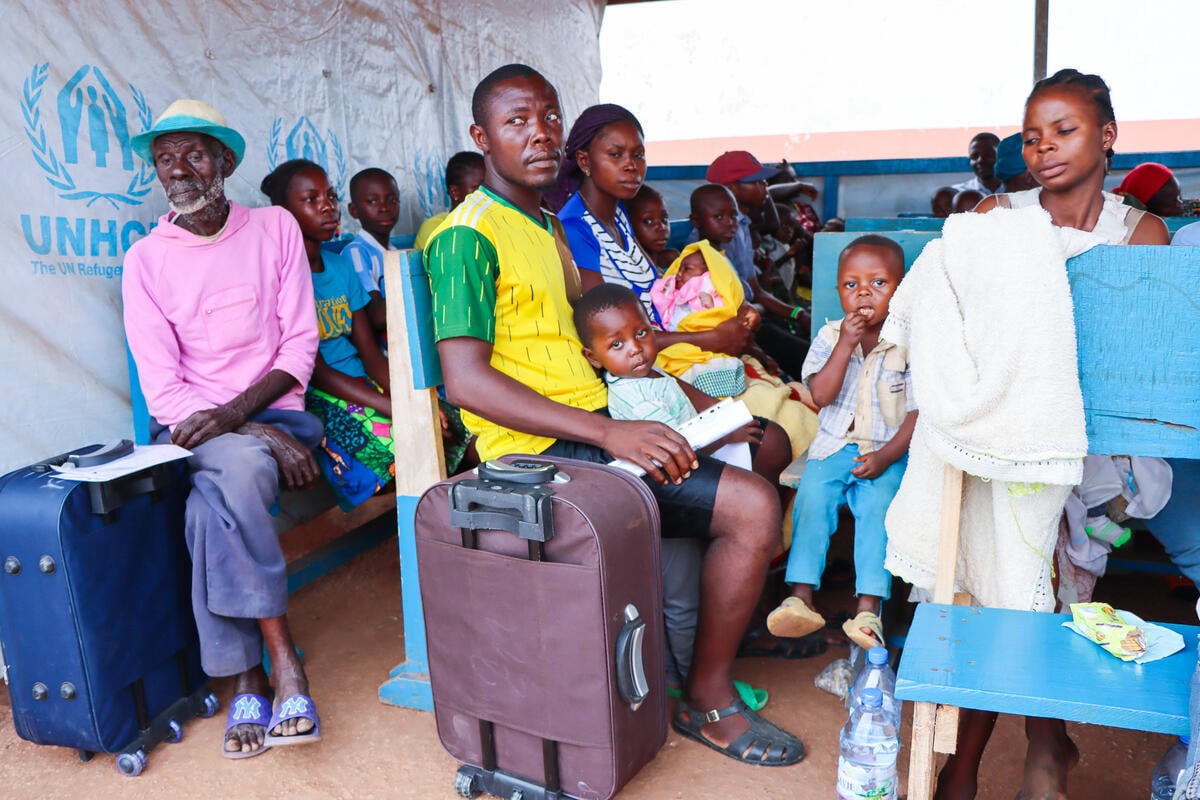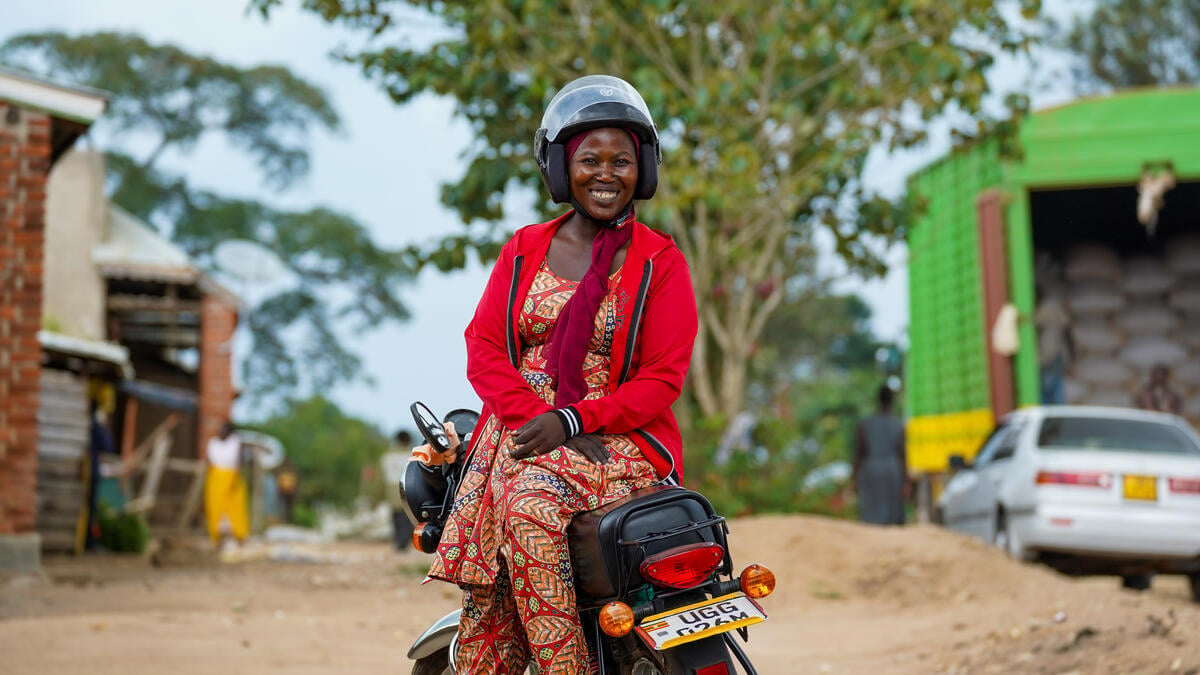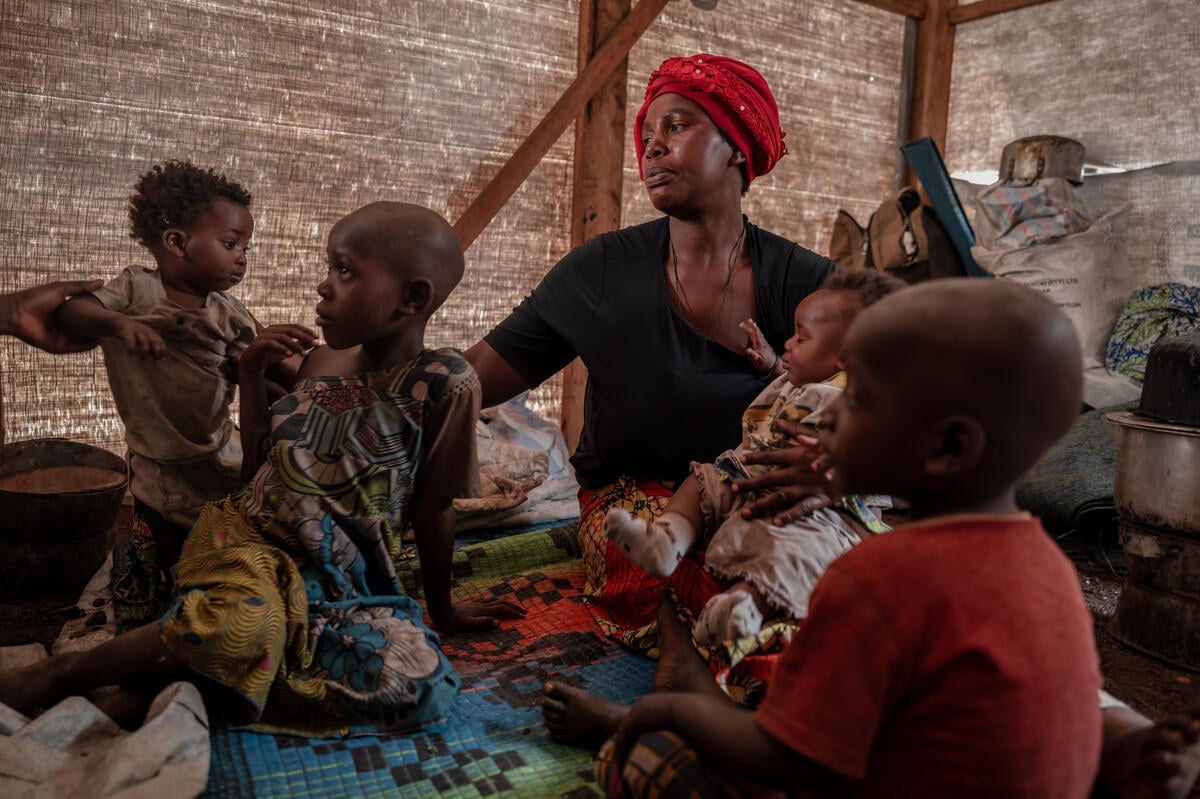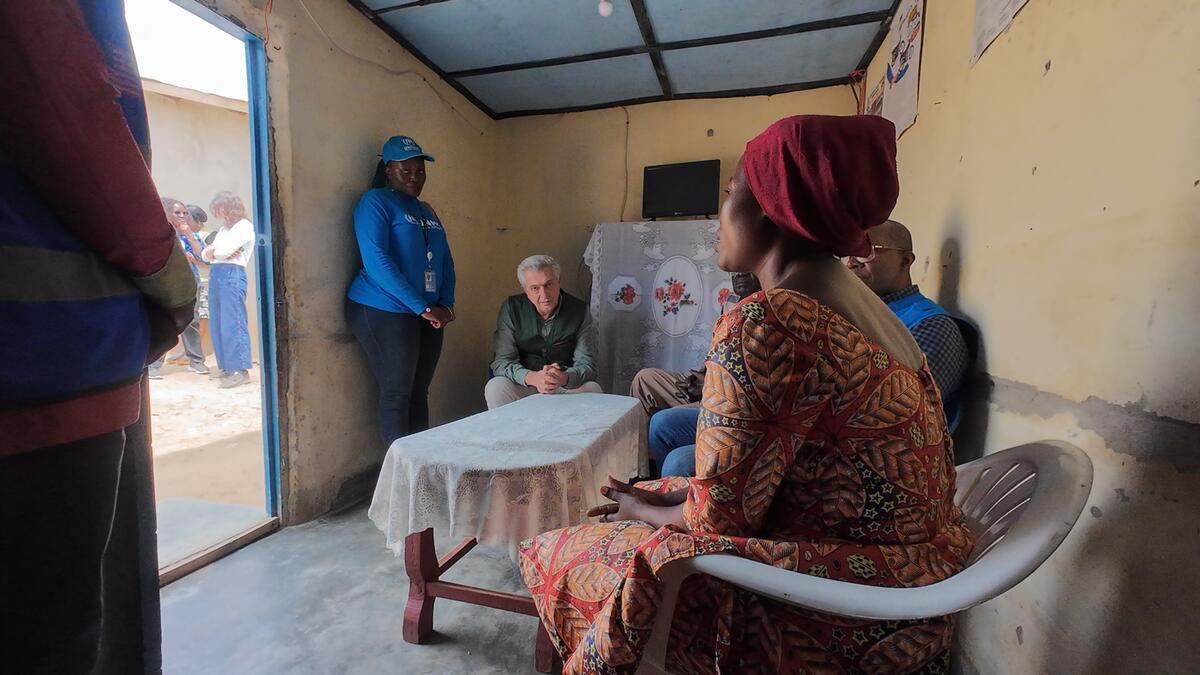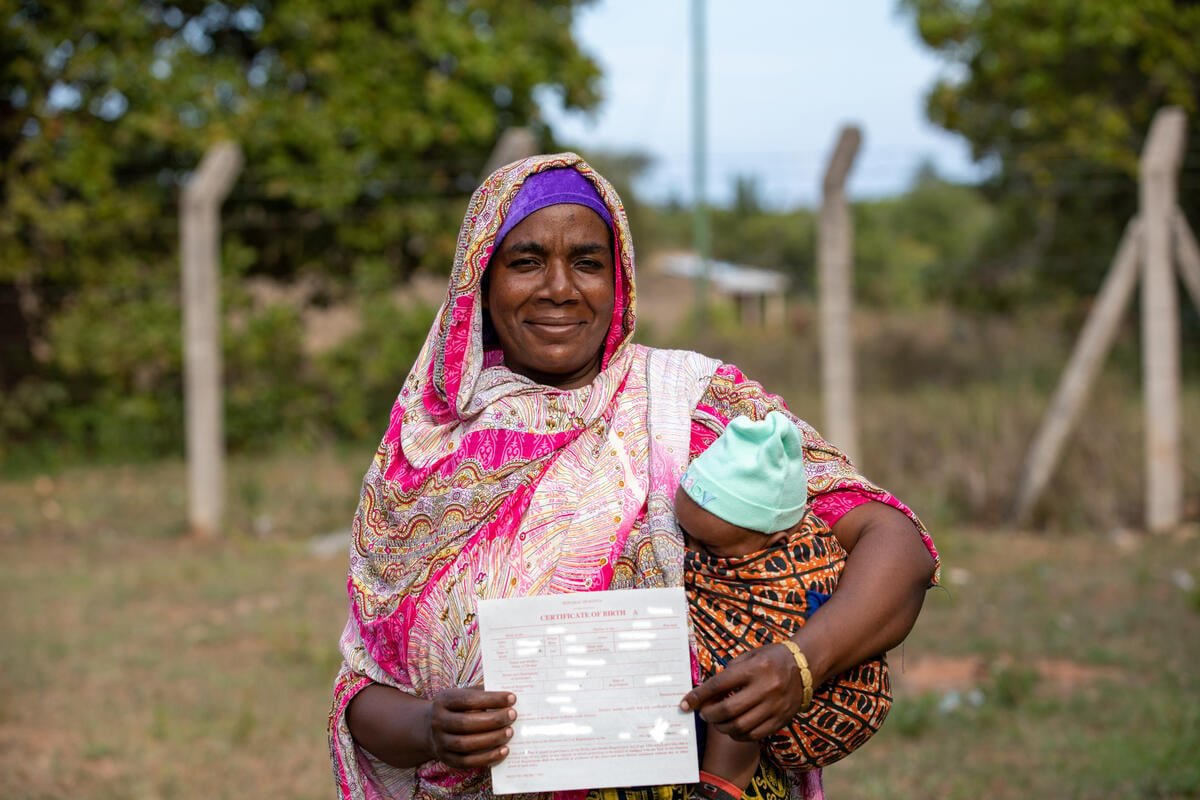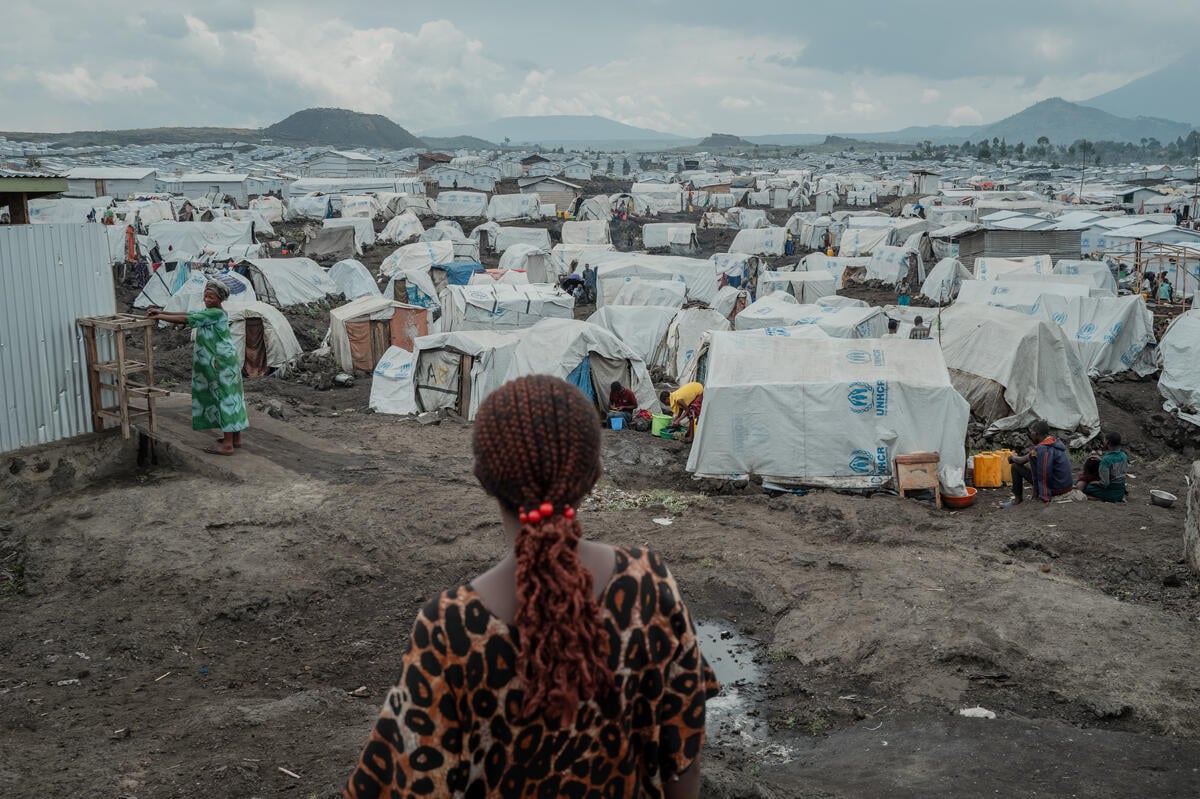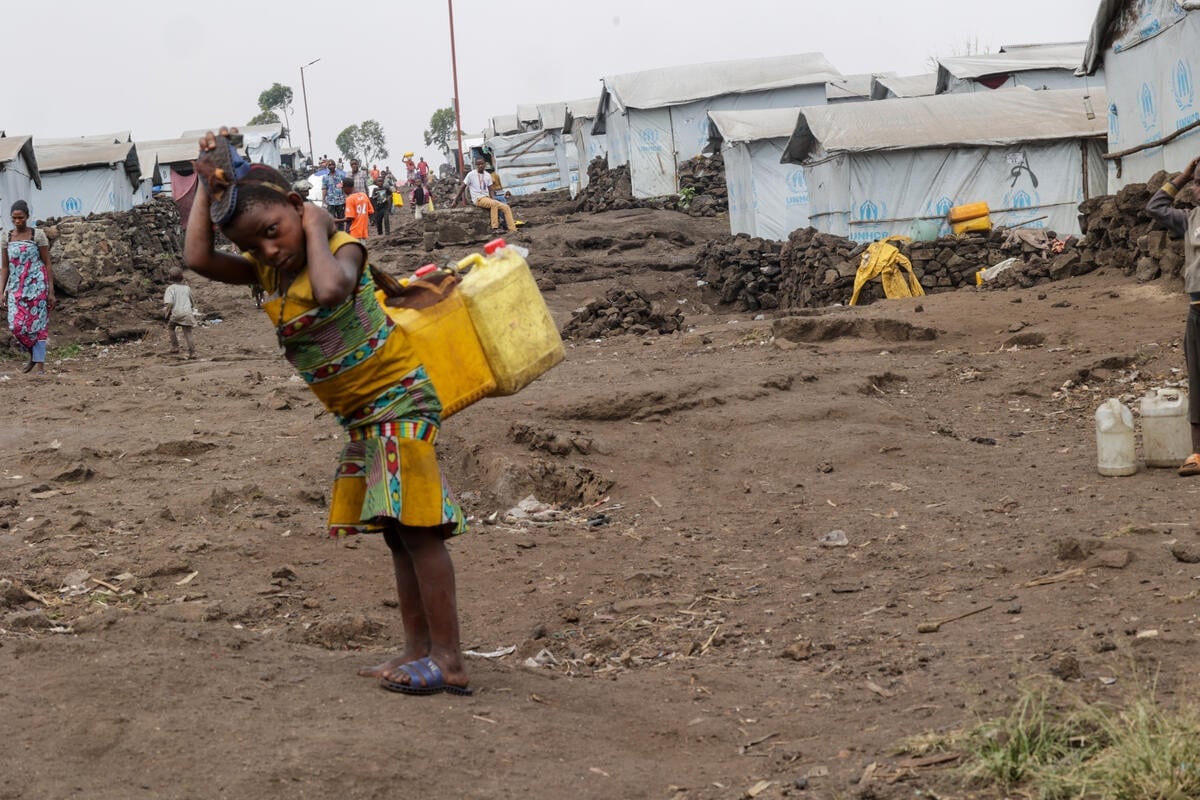UNHCR urges states against returning people to eastern DR Congo
UNHCR urges states against returning people to eastern DR Congo
The escalation in violence in eastern Democratic Republic of the Congo (DRC) since November 15th has given added emphasis to a UNHCR advisory issued to governments last week urging them not to forcibly return people to North and South Kivu pending meaningful improvement in the security and human rights situations.
Our advisory makes the same recommendation for areas neighbouring the Kivus, particularly Katanga province which is affected by the spill-over of the conflict.
UNHCR considers people fleeing the conflict in the Kivus and nearby affected areas as likely to be needing international refugee protection. UNHCR also cautions against returning them to safer parts of DRC, unless they have strong and close links there.
Fighting over recent months in the Kivus has been particularly intense between government forces and the rebel M23 movement in North Kivu, but also between government forces and other armed groups (Raia Mutomboki, Mai Mai Nyatura) in South Kivu.
Currently, we are especially concerned by the situation around Goma where there has been significant new displacement over the last few days. The M23 rebel advance has prompted many people to flee towards Goma and Rwanda, and a major IDP camp at Kanyaruchinya has been virtually emptied. Previously it hosted 60,000 people. Around Goma, women and children are reported to be converging at Mugunga 3 and other spontaneous settlements. Many humanitarian activities have been suspended because of the security situation.
Since the beginning of this year renewed conflict in these two regions has exacerbated an already dire humanitarian situation and uprooted close to 650,000 people. This includes 250,000 newly displaced civilians in North Kivu, and 339,000 others in South Kivu since April. Over the same period over 40,000 people have fled to Uganda, and 15,000 to Rwanda. Burundi has been receiving around 1,000 new Congolese arrivals every month since August.
The eastern DRC region has for almost 17 years been plagued by widespread violence and pervasive human rights abuses by parties to the conflict, including mass rape, murder and pillaging during attacks and counter-attacks on villages. Caught between rival groups, civilians are often targeted and abused by fighters for their supposed allegiance to the enemy.
Our advisory says that exclusion from refugee status may need to be looked into for individuals who may have committed war crimes and crimes against humanity.
The number of DRC refugees in neighbouring countries is currently estimated at some 463,000. These populations are mainly in Uganda, Republic of Congo, Rwanda, and United Republic of Tanzania.
For further information on this topic, please contact:
- In Kinshasa: Simplice Kpandji on mobile +243 81 833 1322
- In Geneva: Leo Dobbs on mobile: +41 79 883 6347
- Fatoumata Lejeune-Kaba on mobile: +41 79 249 3483


